Food Studies News
Kay Stearns Bruening Appointed Associate Dean of Falk College Academic Affairs
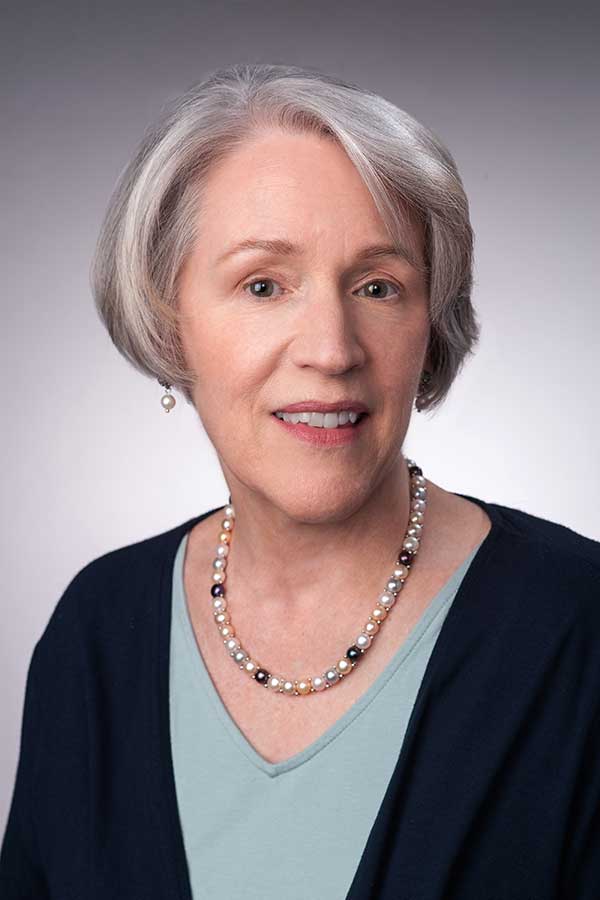
Kay Stearns Bruening, Ph.D., RDN, FAND, associate professor in the Department of Nutrition and Food Studies in the Falk College, has been named Associate Dean of Academic Affairs for Falk College effective August 1, 2023. In her new role, Bruening oversees program review, curriculum development, and accreditation for Falk College academic programs.
Previously, Bruening was an undergraduate director in the Department of Nutrition and Food Studies and director of the Nutrition Assessment, Consultation and Education (ACE) Center. Bruening has also served as a program reviewer for the Accreditation Council for Education in Nutrition and Dietetics (ACEND) for 21 years and as a Program Representative on the ACEND Board. Most recently, Bruening was instrumental in Falk College’s early transition to ACEND’s Future Education Model and the successful accreditation under these new standards. This was a multi-year effort that started in 2019, when Syracuse University was accepted as a demonstration cohort to participate as a pilot program of ACEND’s vision to implement competency-based learning to prepare nutrition and dietetics professionals for future practice.
“Falk College is highly regarded for our curriculum, pedagogy, and student success,” says Bruening. “Throughout the college, our curriculum blends theory and research with practical experience, preparing our students for leadership and innovation in critically important professional fields. I am thrilled to serve in this new capacity as Associate Dean and advance Falk College as a leader in education and professional practice.”
Employment outcomes for all majors and the ability of students to seek additional educational goals are excellent throughout Falk College. Accredited programs and license-bearing degrees have an outstanding level of success. Falk College meets, and often exceeds, standards for four accrediting bodies: Accreditation Council for Education in Nutrition and Dietetics, Commission on Accreditation for Marriage and Family Therapy Education, Council on Education for Public Health, and Council on Social Work Education. Falk’s professional programs are consistently among the nation’s strongest in licensing exam pass rates.
“Kay brings a wealth of expertise in educational instruction and design,” says Diane Lyden Murphy, M.A., M.S.W., Ph.D., Dean of Falk College. “Her work in the Department of Nutrition and Food Studies has kept this program at the forefront of nutrition and dietetics education, as evidenced by our accreditation and favorable licensing exam pass rates. Falk College is privileged to have her leadership in a new capacity as Associate Dean.”
Bruening’s teaching and research interests center around medical nutrition therapy, and she is published in dietetics education. She has collaborated with international dietetic education programs in Chile, South Korea, Qatar, and the United Arab Emirates, and collaborates with local medical researchers on detection of adult malnutrition and developing food-based programs for adult weight management and related comorbidities. She is a Fellow of the Academy of Nutrition and Dietetics, belongs to three dietetic practice groups, and completed advanced training in child and adolescent weight management. She holds a courtesy faculty appointment with the Department of Medicine at Upstate Medical University, where she is a co-instructor on an elective nutrition course for medical students.
She earned a Ph.D. in clinical nutrition from New York University, M.A. in nutrition from Syracuse University, and B.S. in biology from St. Lawrence University.
Kay succeeds Eileen Lantier, R.N., Ph.D., who is concluding her 17-year tenure as Senior Associate Dean of Faculty, Curriculum, and Alumni on August 24, 2023. Under Eileen’s leadership, Falk College has successfully launched a wide range of new residential and online academic offerings, sustained accreditation with its four accrediting bodies, and achieved remarkable student outcomes from its signature theory-to-practice model.
Eileen has served more than 39 years at Syracuse University as a faculty member and administrator. Prior to her role as Senior Associate Dean in Falk College, she taught nursing at Syracuse University and championed the use of educational technology in healthcare. Prior to her work in academia, she led a professional career in nursing, working in several area hospitals and clinical settings. She earned a Ph.D., M.S., and B.S., all from Syracuse University. Eileen will retire in January 2024.
“I have served with Eileen since the very beginning of my deanship in 2005. Eileen has demonstrated extraordinary leadership to the great benefit of Falk College and has been instrumental both in developing new academic disciplines at Syracuse University–such as public health, food studies, and sport management–and maintaining excellence and accreditation in our longstanding professional licensing programs,” says Murphy. “Falk College thanks Eileen for her service and lasting positive impact at Syracuse University, her passion for excellence in education, and her deep personal commitment to our students and their success.”
At the end of August 2023, Murphy concludes her tenure as Dean of Falk College, a position she has held since 2005. She is succeeded by Jeremy S. Jordan, a seasoned academic with extensive experience in sport and recreation management. Jordan’s appointment as Dean of Falk College begins September 1, 2023.
Jeremy S. Jordan Named Dean of Falk College
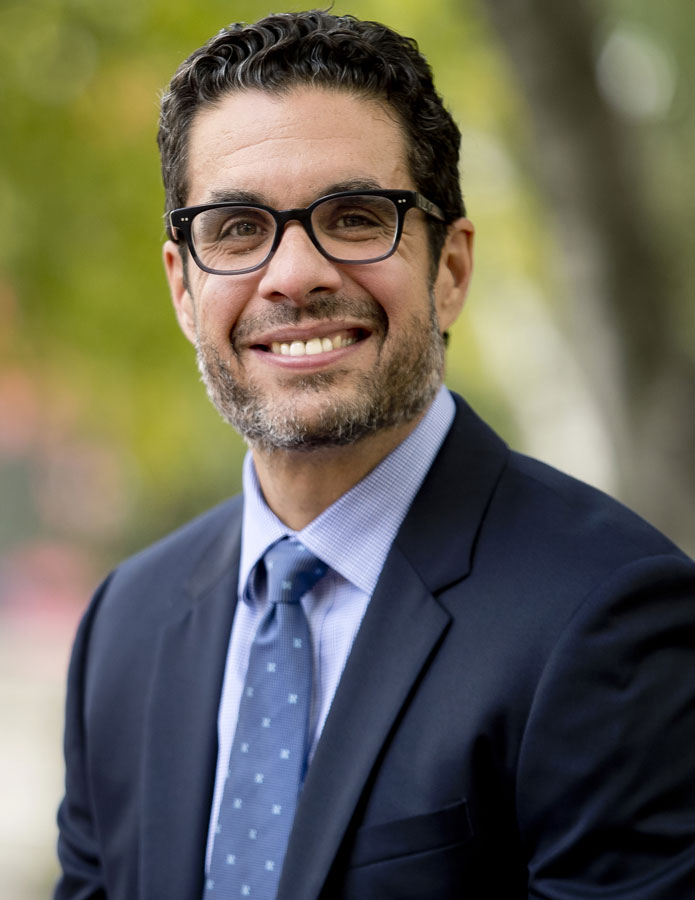
Jeremy S. Jordan, a seasoned academic with extensive experience in sport and recreation management, has been named the next dean of the David B. Falk College of Sport and Human Dynamics. The announcement was made today by Vice Chancellor, Provost and Chief Academic Officer Gretchen Ritter. His appointment, effective September 1, was approved by the Executive Committee of the Board of Trustees.
“Jeremy Jordan brings a combination of academic leadership experience and hands-on industry knowledge that will be a boon to Falk College and its professional programs—from food studies to marriage and family therapy to social work,” Provost Ritter says. “I look forward to working with him, especially on important initiatives like the launch of the esports degree and the expansion of the sport management program.”
Jordan is currently the vice provost for faculty affairs at Temple University in Philadelphia, where he is also a professor and Ed Rosen Senior Research Fellow in the School of Sport, Tourism and Hospitality Management’s Department of Sport and Recreation Management. He is the NCAA Faculty Athletics Representative, and has also been the director of the Sport Industry Research Center and the Millard E. Gladfelter Research Fellow.
Jordan’s research focuses on the impact of sport participation and events on individuals and communities, as well as the social, environmental and financial impact of sport events and organizations. He has authored numerous peer-reviewed articles and book chapters, and has participated in more than 65 funded research projects.
Before joining Temple in 2008, Jordan held faculty positions at the University of Miami, Mississippi State University and the University of Memphis, and served as the athletic director at La Sierra University in Riverside, California. He earned a Ph.D. in sport management from The Ohio State University, a master’s degree in exercise and sport science from the University of Utah and a bachelor’s degree in physical education from La Sierra.
“I am honored to have been selected as the next dean of Falk College and look forward to becoming a member of the Syracuse community,” Jordan says. “The college is known for its academic excellence, impactful research and commitment to community engagement. I admire the culture and rigor of the college and Syracuse University, and I look forward to contributing to the success of both with the support of the students, staff, faculty and alumni.”
The dean search committee, convened by Provost Ritter in February, was co-chaired by Falk College faculty members Mary Graham, professor of sport management and faculty athletic representative, and Katherine McDonald, associate dean of research and professor of public health.
“I am grateful to the committee members for their hard work in recruiting a talented leader like Jeremy Jordan to join our campus community,” Provost Ritter says.
Jordan succeeds Diane Lyden Murphy, who is concluding her tenure as dean of the Falk College, a position she has held since 2005. She has served 45 years at Syracuse University. “Diane has truly left her mark on Falk College, shepherding it from its early days and overseeing multiple successful initiatives,” Provost Ritter says. “I thank her for her service and her incredible contributions to the college and the University.”
On Her Own Time
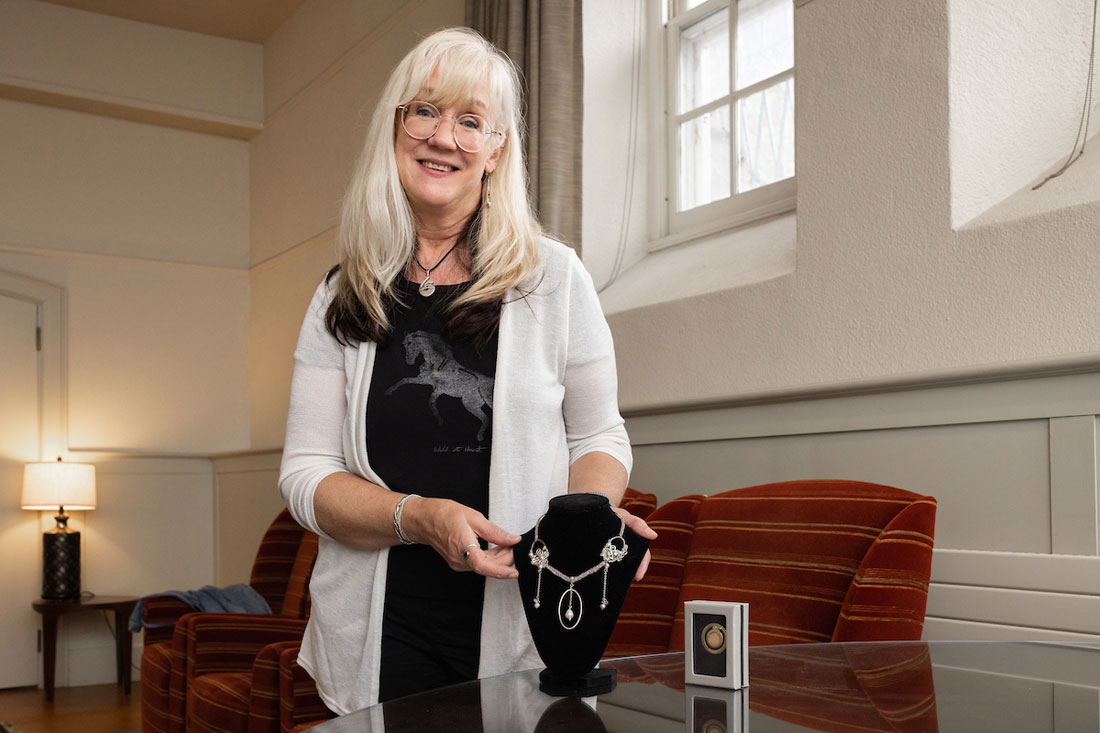
Margaret Voss, an associate professor of nutrition and food studies and the Laura J. and L. Douglas Meredith Professor for Teaching Excellence in Falk College, is one of six faculty/staff artists who were selected to display their art at the “On My Own Time” finale exhibition Oct. 11-Nov. 7 at the Everson Museum of Art in Syracuse.
“On My Own Time” is a program spearheaded by CNY Arts to celebrate the often-unsung artists employed by local businesses in Central New York who create art on their own time. Syracuse University has participated in “On My Own Time” ever year it has been offered since 1982 and it’s estimated that more than 1,800 faculty and staff have exhibited.
This year’s on-campus exhibition, which was displayed in Hendricks Chapel throughout late May and early June, comprised 34 pieces of art from 17 faculty/staff artists representing 14 schools, colleges, and departments across the University. The diverse range of artwork submitted this year included drawing, photography, painting, sculpture, glasswork, jewelry making, printmaking, fiber art, computer art, and collage/assemblage.
Of the six artists who’ll display at the Everson, five were selected by CNY Arts judges and a sixth individual received the People’s Choice Award, nominated by people on campus who visited this year’s exhibition. Voss’ art is a stunning piece of jewelry she calls “A Rococo Homage.”
Read more about the artwork and artists in this story from Syracuse University News.
Congratulations Class of 2023
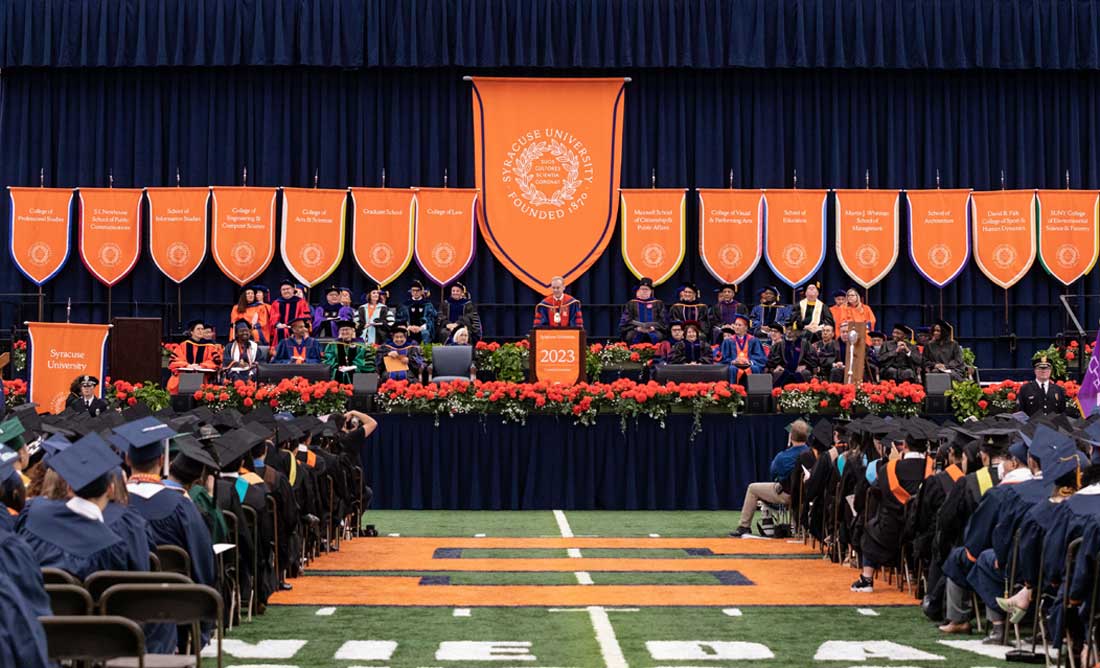
Along with Dean Murphy, the entire Falk College community of students, faculty, staff, alumni, community partners and friends, congratulates to the Class of 2023! Falk College’s seven academic departments and schools represented 529 degree candidates, including:
- 321 undergraduates;
- 155 masters candidates;
- 50 students earning certificates of advanced study, and;
- 3 Ph.D. students.
Through the month of May, departments across Falk College honored student achievements and celebrated the graduating Class of 2023, which are detailed on individual department websites.
Falk College Convocation was held Saturday, May 13 at Lally Athletic Complex. Falk College Convocation, other college convocations, and the May 14 Syracuse University Commencement ceremony, were recorded and are available to view on the Syracuse University commencement website and is also included below.
Falk College Convocation | Saturday, May 13 | 5:30 p.m. ET
Syracuse University Commencement | Sunday, May 14 | 9:30 a.m. ET
Faculty of the Year Awards
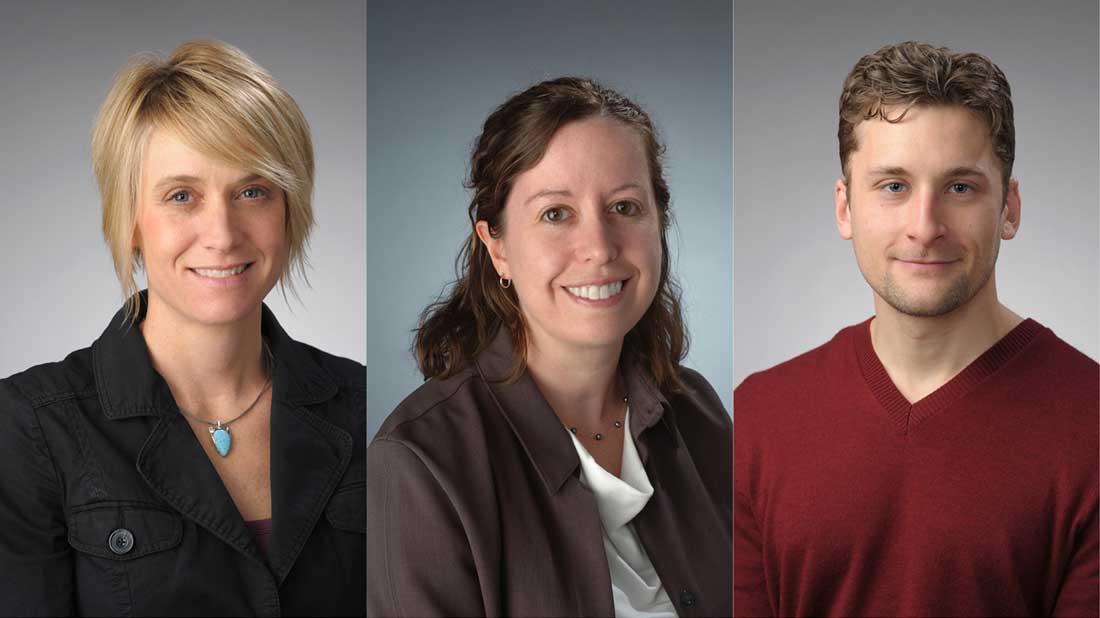
Jane Burrell, Lynn Brann, and Bryce Hruska were honored with 2023 Falk College Faculty of the Year awards for excellence in teaching, service, and research, respectively. The honorees were nominated by their peers for outstanding teaching, scholarship, and internal and professional service contributions and announced by the Falk Faculty Council in early May.
Chaya Lee Charles, an assistant teaching professor in the Department of Nutrition and Food Studies and chair of the Falk Faculty Council, thanked all faculty members who submitted nominations and her fellow Faculty Council members for their time and efforts in the award selection process.
“It is inspiring to see the talent and excellence that we represent as a college, and the high caliber of the nominees made our job challenging,” Charles says. “The Faculty Council is excited to share the results of our thoughtful deliberations.”
Here’s a look at the 2023 honorees with comments from their award presenters:
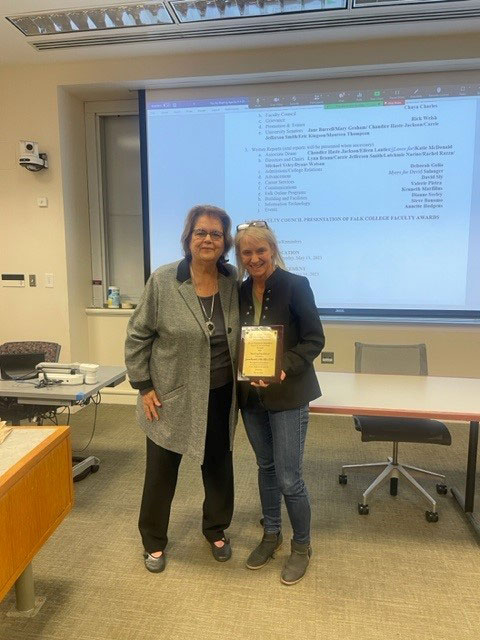
Jane Burrell
Associate Teaching Professor in the Department of Nutrition and Food Studies
Evan Weissman Memorial Faculty of the Year Award for Teaching Excellence
From presenter Lisa Olson-Gugerty, associate teaching professor in the Department of Public Health:
“Jane has taught and continues to teach multiple courses in her department, and her teaching prowess was described as dynamic and responsive to her students’ needs. Her ability to teach with such excellence stems from her lengthy past and current clinical work in nutrition and dietetics. In other words, she is teaching from ‘hands-on’ experience.
“Jane has mastered adaptability in the classroom. She teaches introductory nutrition (NSD 225) in multiple modes, modifying delivery and assessment to match her audience. In the fall, Jane teaches a large section of NSD 225 for students from across campus. Given the size and limited support (10 teaching assistant hours per week), managing NSD 225 requires organization and attention to detail. Jane keeps the class current by modifying content, utilizing new textbooks, and adopting technology to engage a large audience.
“Jane is dedicated to professional development. In 2022, she participated in a Peer Teaching Evaluation Workshop focused on ‘Small Teaching,’ a book James Lang. She utilized this new knowledge in her ‘NSD 342: Nutrition in the Lifespan’ course. She initiated low-stakes quizzes, providing immediate feedback and a sense of where students stood in the learning process. Jane further modified NSD 342 after attending the Equity-Minded Syllabus Design Workshop by the Center for Teaching and Learning Excellence. This training prompted her to add detail concerning the weight and purpose of assignments so students would understand what they gain from assessments while increasing motivation.
“Jane is not afraid of challenges. In spring 2022 she taught a two-week immersion travel course in Italy, ‘NSD 452: Mediterranean Food and Culture,’ for the first time. The course was started by a recently retired colleague. When the opportunity arose, Jane jumped at the chance to teach the class, working with Syracuse Abroad to create new student experiences. Jane is excited about modifications for this spring that further enhance the abroad experience.
“Jane strives to provide her students with the most recent evidence-based education. In fact, she is currently enrolled in a Ph.D. program in our very own Human Development and Family Science department. Her list of teaching skills and accomplishments goes beyond what is listed here. On a personal note, I want to add that I am thrilled to be presenting this award to Jane. She was one of the first people I met when I joined Falk and has always been a kind and supportive colleague.”
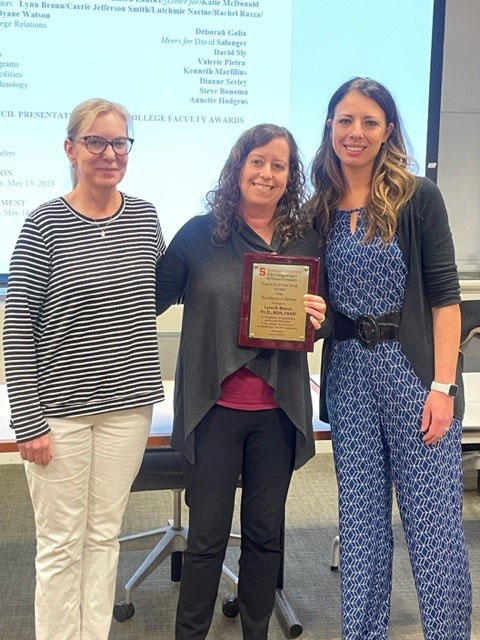
Lynn Brann
Chair of the departments of Exercise Science and Nutrition and Food Studies, associate professor in the Department of Nutrition and Food Studies
Faculty of the Year Award for Excellence in Service
From presenter Chaya Lee Charles, assistant teaching professor in the Department of Nutrition and Food Studies:
“Lynn has an extensive resume of teaching, research, and service in Falk College and within the University as evidenced by her previous receipt of nine Chancellor’s Awards for public service during her tenure at Syracuse University.
“This academic year, however, she went far above and beyond, accepting her call to duty by chairing not only the combined Department of Nutrition and Food Studies, but also chairing the Department of Exercise Science. Despite this challenging task, Lynn has provided leadership, support, guidance, and advocacy for both departments while mentoring junior faculty in the Nutrition program and assisting Exercise Science faculty and staff through the growing pains of acclimating to Falk College. She has exceeded all expectations one could place on someone assigned such a difficult role and has done so with grace, compassion, understanding, and outstanding professionalism.
“In additional service during 2022 at the University level, Lynn was selected to participate in the inaugural Syracuse University Women in Leadership Cohort Group to support the professional development and career development of women faculty and staff at the University. She also continued her work on the Academic Appeals Committee; the Falk College Promotion and Tenure Committee; the Falk College Diversity, Equity, and Inclusion Committee, and the Falk College Program Review Committee, and she is a Dean’s Cabinet member and serves as a trainer for Academic Integrity panelists and Academic Integrity faculty interviewers.
“Locally, Lynn serves on the Health Services Advisory Board, Peace, Inc., Head Start, and Early Head Start of Syracuse. In her desire to further the profession of nutrition and dietetics, Lynn also serves as advisor to the Pediatric Nutrition Practice Group of the Academy of Nutrition and Dietetics and is a journal reviewer for the Journal of Child and Family Studies, Appetite, Nutrients, the International Journal of Obesity, the Journal of the Academy of Nutrition and Dietetics, the Journal of Nutrition Education and Behavior, Public Health Nutrition, the Journal of the American Medical Association Pediatrics, the Maternal and Child Health Journal, and the Maternal and Child Nutrition Journal.
“I couldn’t be more pleased to honor Lynn with this award as she has been a calming force to our department and a strong leader who consistently considers all aspects of any difficult situation and guides us in the right direction. No matter the problem, she always has an open door and provides sound counsel, such as my favorite piece of wisdom, that ‘It will all be fine!’”
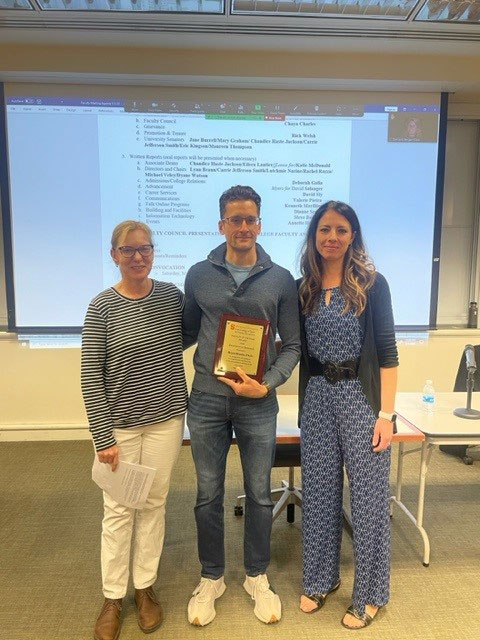
Bryce Hruska
Assistant Professor in the Department of Public Health
Faculty of the Year Award for Excellence in Research
From presenter Lisa Olson-Gugerty, associate teaching professor in the Department of Public Health:
“Over the last several years, Bryce has been systematically building his program of research, investigating post-traumatic stress disorder (PTSD) and its co-occurring mental health consequences, and identifying strategies for addressing PTSD before it takes its full toll on functioning.
“In the past year, he has had several notable accomplishments that have significantly advanced his research program. He submitted six first-authored, peer-reviewed pieces of scholarship resulting in two published peer-reviewed articles, one peer-reviewed article in press, one published peer-reviewed book chapter, and two peer-reviewed articles that are currently under review after receiving an invitation to revise and resubmit. The published/in press pieces all appear in high impact journals, including Sleep Health, Journal of Psychiatric Research, and Journal of Anxiety Disorders.
“Bryce has presented his research and its findings at two international conferences: the International Society for Traumatic Stress Studies and Society for Ambulatory Assessment. These presentations included a peer-reviewed symposium and two peer-reviewed poster presentations.
“Much of his research focuses on the mental health burden experienced by healthcare providers, a topic that has recently received special attention due to the COVID-19 pandemic. To facilitate the translation of his research into practice, this past year he delivered an invited presentation at American Medical Response (the largest ambulance service provider in Central New York) that described his research examining the connection between sleep and mental health. He also wrote two pieces of publicly engaged scholarship–including a blog post and a research brief–that were delivered to an international audience of policy makers, practitioners, media outlets, students, and the public.
“Finally, he was awarded a CUSE Innovative and Interdisciplinary Research Grant supporting the next phase of an intervention that he is developing that will reduce the mental health symptoms experienced by ambulance service providers. This work will serve as pilot data for a subsequent submission for extramural funding from the National Institute of Occupational Safety and Health.
“Collectively, these achievements highlight his commitment to high-quality research that has translational implications and demonstrate the high level of research activity that he has engaged in during the past year. I would like to personally add that as a healthcare worker in emergency medicine who has spent a significant amount of time working in the COVID pandemic, I appreciate all that Bryce has done and continues to do in his research for me and my colleagues.”
Class of 2023 Food Studies Awards
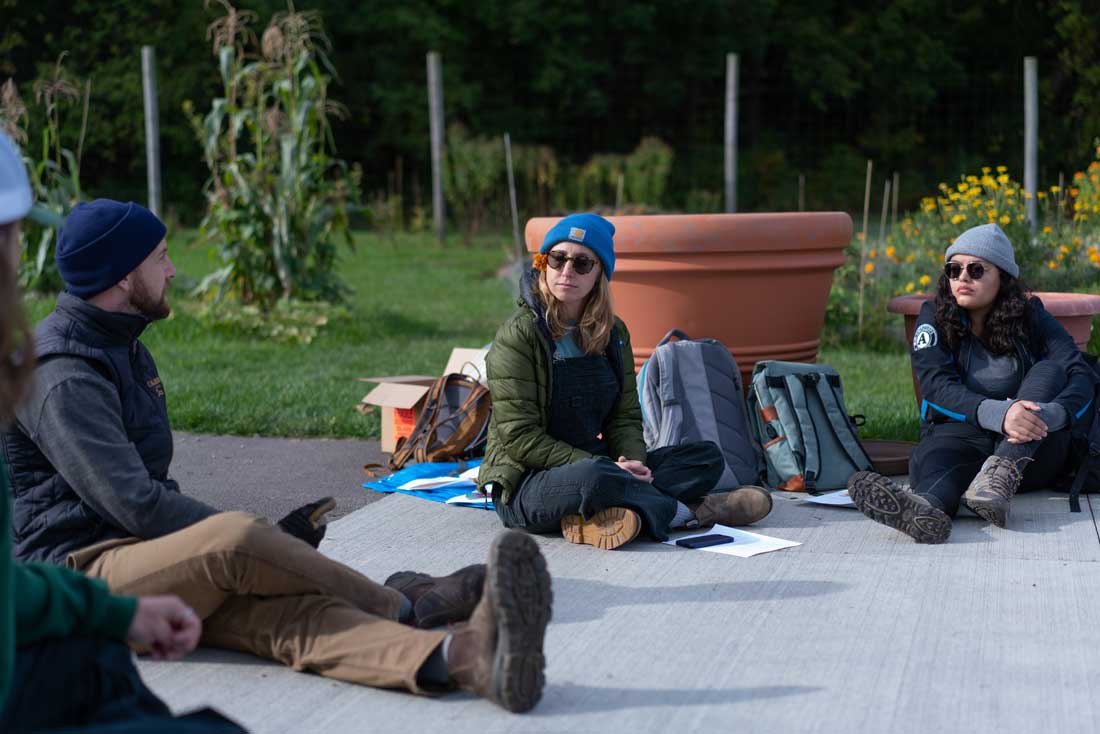
The Falk College Food Studies program would like to congratulate its Class of 2023 award winners! Here’s a list of the winners, a description of the award, and comments about the awardees from Food Studies faculty:
Chef’s Prize – Emory Sammons
Awarded to a Food Studies graduate who demonstrates exceptional ability in the culinary arts. This ability includes attaining food justice and community engagement goals of the Food Studies Program. From Undergraduate Director and Associate Teaching Professor Mary Kiernan:
“Emory decided to take the most rigorous kitchen course, Food Service Operations, his senior semester. He came to the course with enthusiasm and the will to engage that set the bar for the rest of the group. Emory also quickly connected the course content to his practicum experience at Drumlin’s. He takes the classroom learning to work and brings the work experiences to the classroom. He is a model for experiential learning.”
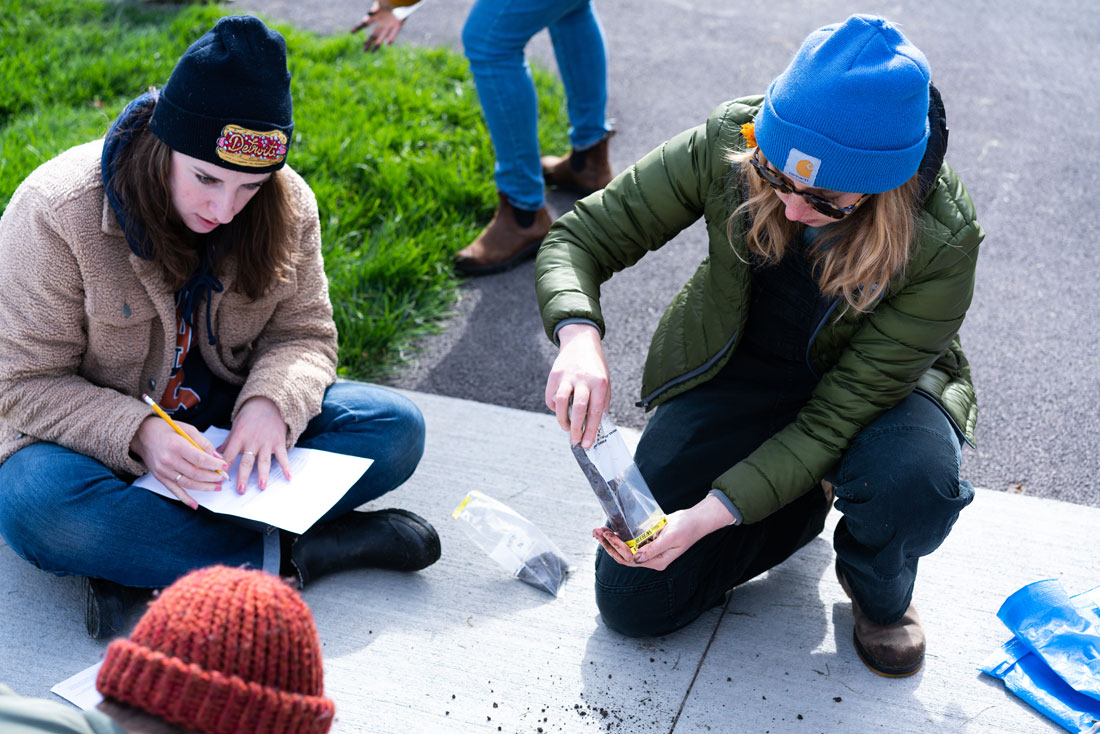
Food Justice Award – Dea Closson
Awarded to a Food Studies graduate who demonstrates the ability to successfully address food justice related issues through a variety of mediums. From Falk Family Endowed Professor Rick Welsh:
“Dea’s practicum at the Brady Market is a testament to using her work experience and talents to promote food justice solutions to seemingly intractable issues of food injustice in the City of Syracuse. Along with her work at Brady Market, Dea has been generous with her time sharing her experience with Food Studies undergraduates, teaching them what an alternative food system can be. Dea also has been a valuable addition to my research on establishing haying and grazing policies for Conservation Reserve Program lands to protect ground bird nesting sites.”
Community Engagement – Mackenzie Ker
Awarded to a Food Studies major or minor who demonstrates the ability to create or implement progressive food-based initiatives that engage diverse politics locally, nationally, or internationally. From Falk Family Endowed Professor Rick Welsh:
“Mackenzie is interested strongly in understanding sustainability within the food service and tourism industry. She is currently assisting in the reorganization and updating of a Food Studies undergraduate class on Sustainable Food Enterprise Management.”
Culture and Commensality Award – Gabriel Hanson Smith
Awarded to the Food Studies major who has expanded the Food Studies program to new audiences by sharing food knowledge and practice through social activism. From Assistant Professor Estelí Jiménez-Soto:
“Gabe has been an integral part of the campus garden for the past couple of years. During his short time as garden coordinator, he has facilitated activities that open the garden space for the broader campus community, including bringing FST classes to the garden and offering volunteering opportunities to interested members of our campus. This allows Pete’s Giving Garden to be a place where students can share their knowledge on agriculture and food identities and learn how to grow food.
Research Award – Michelle Tynan
Awarded to a Food Studies major who produces a research project and paper of exceptional quality. The paper should address substantial issues regarding the sustainability of the food system, including food justice, human rights or ecological, economic, and social impacts of food production, consumption, processing, and distribution. From Falk Family Endowed Professor Rick Welsh:
“Michelle’s indefatigable approach to qualitative data collection, analysis and presentation is inspiring. She has proven an invaluable contributor to my research on understanding the potential value of algae feed supplements to enhancing dairy herd health, productivity, and reducing methane emissions to combat global warming. Her previous experience working in the dairy industry and the Washington State Department of Agriculture have also enhanced her research contributions.”
Graduate School Master’s Prize – April Lopez
Awarded to a master’s student in each of Syracuse University’s 11 schools and colleges who has demonstrated excellence in scholarship and research in graduate study. From Graduate Director and Associate Professor Laura-Anne Minkoff-Zern:
“April applied to the graduate program to enhance her critical understanding of labor injustice in the food system and desire to find a professional path to supporting low-wage food workers and their voices in social movement activism. In addition to conducting independent research, she has also engaged in community advocacy and organizing work for farmworker justice, worked as a teaching assistant and research assistant, and developed course curriculum. In her master’s thesis, April focused on food insecurity on college campuses and the related struggles of student workers. Looking closely at the intersection of race and class and how it is experienced by students in terms of campus employment and economic precarity, April’s work makes an important intervention into the growing body of literature on campus food insecurity.”
Evan Weissman Scholarship – Marguerite Leek
This scholarship is awarded to a graduate student in Food Studies who demonstrates a commitment to food justice and uses food as tool for social change. From Professor Anne C. Bellows:
“Marguerite Anna Leek hails from western North Carolina, where she and her family regularly volunteered at the local food bank. To reflect critically on the role of food banks in an economically polarized society, she conducted pilot interviews with staff at food banks in New York, Texas, North Carolina, and Washington state to gauge their understanding of rights-based versus charity approaches to economic inequality and insecurity. Her work was picked up by the U.S. Right to Food Community of Practice and has been requested for inclusion in a special issue of the University of Miami Law Review Journal.”
Interested in a career working with food and agriculture issues, sustainability and food security, or food processing, preparation, and distribution? Learn more about its academic programs, experiential learning, and career opportunities.
Syracuse University’s Highest Honor
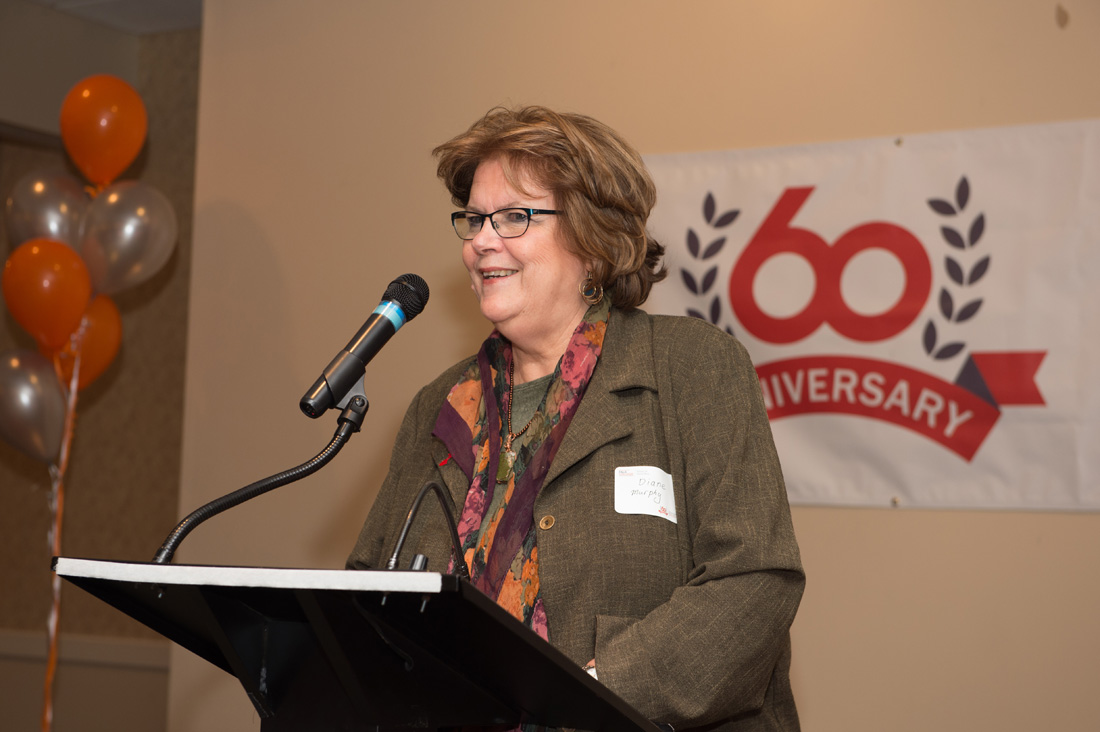
Diane Lyden Murphy, dean of the Falk College of Sport and Human Dynamics, received Syracuse University’s highest honor–the Chancellor’s Medal–at the One University Awards Ceremony April 21 at Hendricks Chapel.
The Chancellor’s Medal is awarded to individuals in honor of their trailblazing and extraordinary contributions to the University, to an academic body of knowledge, or to society. Dean Murphy, who was appointed Dean of the College of Human Services and Health Professions (now Falk) in May 2005, checks all three boxes.
“This medal is given for the very things Diane has always done here: extraordinary contributions to the University, to the community, to academic knowledge,” Chancellor Kent Syverud said before presenting the Chancellor’s Medal to Dean Murphy. “She’s done those things, but she’s also done one thing that’s even rarer and worth celebrating and I can say this from experience, she has consistently and faithfully had the courage to speak up.
“She’s had the courage to speak up, including to chancellors, when things are not right, when they could be better, and even more rare is that after speaking up she has the integrity to roll up her sleeves and actually work to make them better,” Chancellor Syverud added.
Dean Murphy was one of several 2022-23 award recipients who were honored at the April 21 ceremony. Watch the video of the Chancellor’s Medal presentation here:
Dean Murphy received four degrees at the University and joined the faculty in the School of Social Work in 1978. Prior to her appointment at Falk, Dean Murphy served 17 years as director of the Women’s Studies program in the College of Arts and Sciences.
Dean Murphy’s many contributions to the University include co-authoring the University’s sexual harassment policy; initiating studies of gender pay equity; developing adoption and domestic partner benefits; and creating a family-friendly environment for students, faculty, and staff.
Chancellor Syverud started his remarks by reading a news release from January 1973 about Dean Murphy’s appointment as a personnel intern in the Office of Student Affairs who would “specialize in the problem of married students.” She served as a liaison between married students and the administration and from that work arose the first childcare center on campus.
“There have been a lot of initiatives in the last 50 years at Syracuse University to help people and populations in our community,” Chancellor Syverud said. “There have been precious few where Diane Lyden Murphy has not been present and accounted for in support of doing the hard work and listening and doing the problem-solving and speaking up to make things better.
“We talk about diversity, equity, inclusion, accessibility, and support for survivors, Diane was there often before most of the world had developed the vocabulary to describe the problem and the opportunity,” Chancellor Syverud added. “Going back to that first press release, Diane never regarded married students as a problem, she never regarded these things as problems, she regarded them as opportunities. And boy, she’s made an impact on this University! I can’t imagine what this place would be like today without her work, but I’m certain it would be a less accomplished and a colder and less just and less human place.”
The Chancellor’s Medal is the latest in an extensive list of awards Dean Murphy has received while at the University, including the Excellence in Graduate Education Award from the Graduate School, the Francis McMillan Parks Women of Influence Award, and a Chancellor’s Citation. In 2005, the Women’s Studies Program established the Diane Lyden Murphy Women’s Studies Activism Award in her honor.
Honoring Tradition
The planting and dedication were the culmination of the graduate practicum of Ethan Tyo ’17, G’23, a master’s degree student in food studies in Falk College. In addition to providing fresh food for the University’s food pantries in Hendricks Chapel and on South Campus, Pete’s Giving Garden supports new ways of teaching and learning.
Tyo recognized an opportunity to grow food not only in a sustainable manner, but in a way that honors the traditions and culture of the Onondaga Nation, firekeepers of the Haudenosaunee, the Indigenous people on whose ancestral lands Syracuse University now stands. “The ‘three sisters’–corn, beans and squash—are foundational foods that gave rise to the strength and resilience of the Haudenosaunee people. Thousands of years of traditional ecological knowledge and expertise have cultivated our relationship to the land and our survival,” says Tyo. “Returning these seeds to our ancestral lands is a step towards acknowledging that relationship and the contributions that Indigenous peoples have made throughout history.”
The dedication focused on the May planting moon and created what is known as a traditional “Three Sisters garden,” which will incorporate the traditional seeds and methods of the Onondaga Nation using the knowledge and wisdom of the Onondaga Nation Seed Keepers. The event included a presentation on seed sovereignty, revitalizing Indigenous foods and the impact that climate change has on Haudenosaunee ways of being. It also acknowledged the return of traditional seeds to the ancestral land of the Onondaga Nation, giving Haudenosaunee students the chance to learn and practice cultural revitalization while in an academic setting.
This event was a collaboration between the Onondaga Nation Seed Keepers, Hendricks Chapel, Energy Systems and Sustainability Management, the Office of Multicultural Affairs, the Native Student Program, the Falk College Department of Nutrition and Food Studies and the Office of Diversity and Inclusion.
Continuing the Legacy
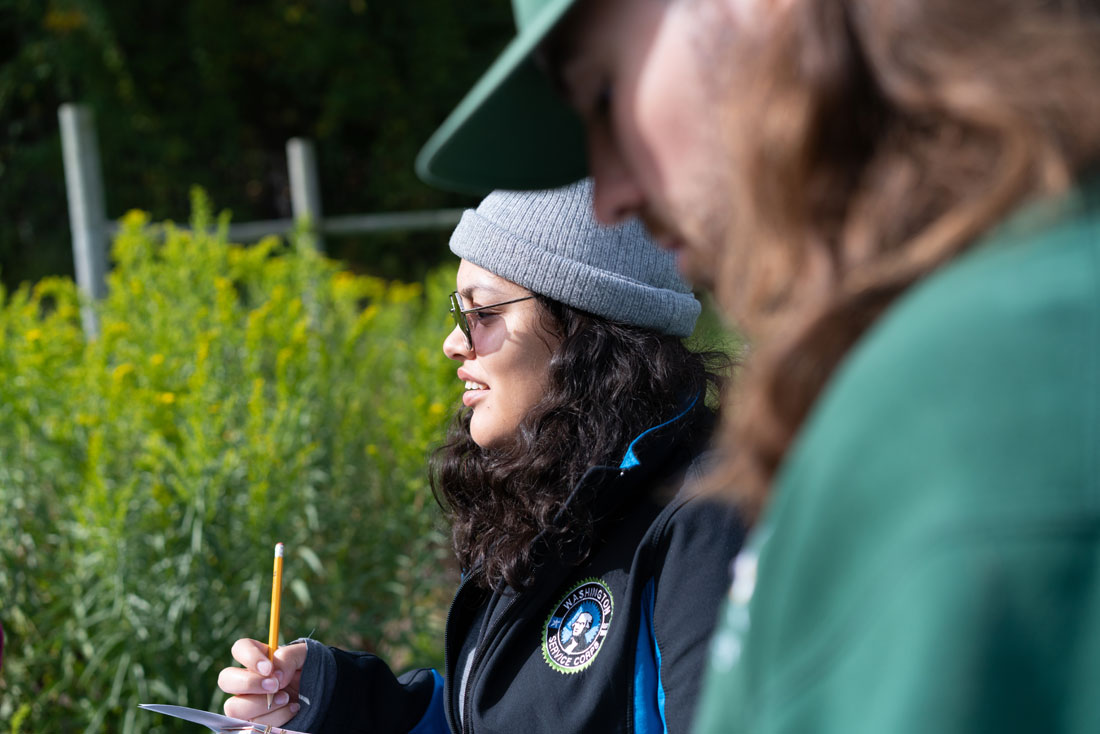
April Lopez says she was drawn to Syracuse University’s Food Studies master’s program because of its vision of food justice.
That vision was shaped in large part by Syracuse Professor Evan Weissman, a tireless advocate for equity in the food system whose work provided the foundation for grassroots food justice initiatives throughout the country.
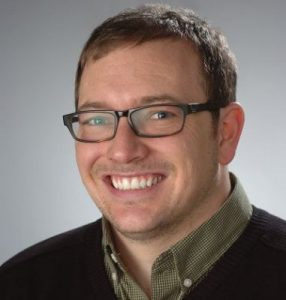
Weissman died unexpectedly in April 2020, and his family created the Evan Weissman Scholarship Fund to honor his legacy. Lopez was the 2022-23 recipient of the award, and she is continuing the work that Weissman believed in so deeply.
“For my master’s thesis, I’m focusing on college food security at my alma mater and former service placement, Gonzaga University,” Lopez says. “I plan to address the identities most impacted by food insecurity and the barriers that limit food access for students to determine interventions that support students and their overall success.”
To learn more about Lopez, we asked about her background, career aspirations, and connection to Weissman. Here’s that conversation:
Q: Can you tell us about your life before Syracuse University?
A: I’m originally from Washington state, a daughter of farmworkers, a former fruit packer, and an undergraduate student from Gonzaga University, where I studied marketing and communication studies.
Unsure of what to do after graduation, I decided to pursue a year of service through Washington Service Corps, a state branch of AmeriCorps at Gonzaga University (it happened to coincide with the start of the pandemic). In this role, I recovered leftover food from campus dining and repurposed it for meal programs throughout northeast Spokane, Washington. At the height of the pandemic, I was placed on alternative service at a food bank distribution center called Second Harvest, where I was responsible for community food distributions throughout the inland northwest.
After three months, I returned to Gonzaga to resume my responsibilities and adapt to the changes brought on by COVID-19. Moved by the efforts to mitigate food insecurity, I pursued a second year of service in which I continued the responsibilities of repurposing meals and led school food and snack distributions for our partner schools.
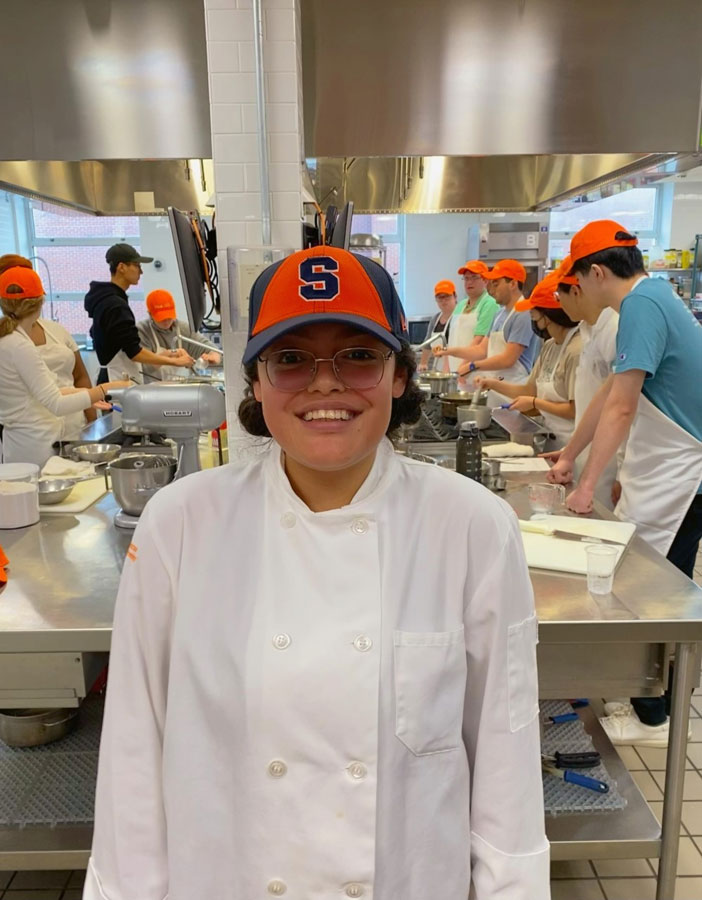
Q: Why did you choose Syracuse for your master’s?
A: My life and academic interests were far more intertwined than I was aware of, having faced food insecurity and labor injustices as a fruit packer, and eventually dedicating two years of service to food security efforts. This all culminated in pursuing a master’s in food studies, and I decided to apply only to Syracuse University’s Food Studies master’s program because I was drawn to the program’s vision of food justice that aligned with my own values of food justice.
Q: What are your academic interests and aspirations?
A: I am particularly interested in research involving college food security and farmworker labor rights, both of which are topics that resonate with me personally given my background in agricultural work and my own experiences as a food insecure college student.
Q: What would like to say to the family of your scholarship sponsor, the late Evan Weissman?
A: I am very grateful and honored to receive this scholarship. I had many fears coming into graduate school, primarily the financial vulnerability of being a low-income student.
While I have had the great privilege of being a graduate assistant for two of his former courses, I unfortunately was unable to meet Evan. But learning more about what he did and left behind has inspired me to continue his legacy of food justice. I have felt touched by his work and the legacy he has left behind. In all that I have had the privilege in doing, he has been there.
Interested in a career in food justice? Visit the Food Studies homepage to learn more about its academic programs, experiential learning, and career opportunities.
Those who would like to make a gift to the Evan Weissman Scholarship Fund can make a secure gift online. To make a gift by check, please make it out to Syracuse University and mail to Falk College Advancement, 427 White Hall, Syracuse, NY 13244. If you have any questions, please contact David Salanger, Assistant Dean for Advancement and External Relations, at 315.443.4588 or dasalang@syr.edu, or Megan Myers, Director of Development, at 315.443.1817 or mmyers01@syr.edu.
Sports Nutrition Expert Heidi Skolnik to Speak
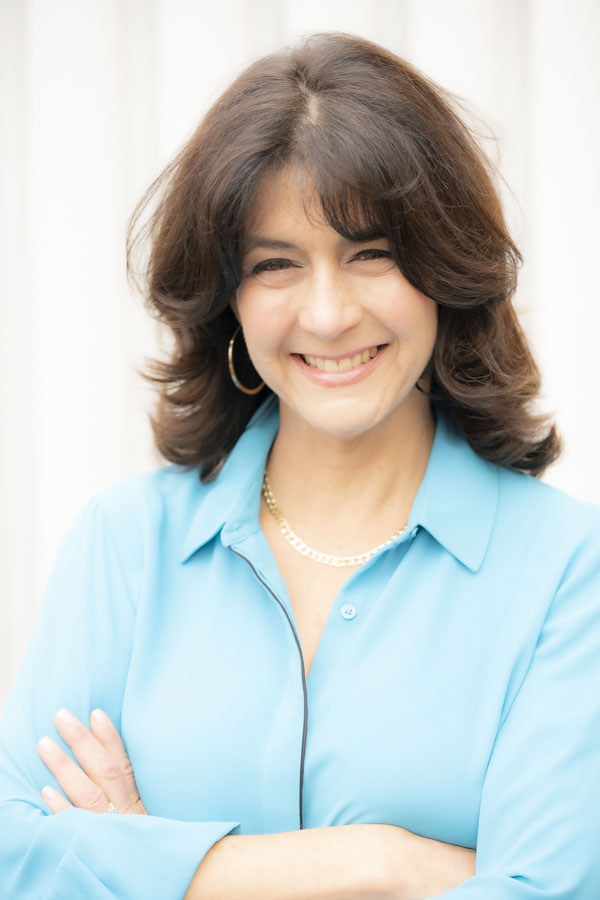
We invite you to join us at 6:30 p.m. April 20 in Grant Auditorium, Falk Complex, for her lecture “Cancel Diet Culture: Food, mood, body image and media. Learn how to normalize vs. moralize eating.” The event is free and open to the public. Light refreshments will be served at 5:30 p.m. prior to the lecture.
A national thought leader in nutrition, Skolnik has influenced millions through her media work, writing, and thriving consulting business. She oversees the Performance Nutrition program at The Juilliard School and the School of American Ballet and she has consulted with numerous Broadway shows, including “Hamilton,” “An American in Paris,” “Aladdin,” and “Billy Elliot.” Previously, she worked with the NBA’s New York Knicks (seven years), NFL’s New York Giants Football (18 years), and Major League Baseball’s New York Mets (15 years), and with NHL, MLS, WNBA, Olympic, collegiate, high school, and recreational athletes.
Skolnik has been part of The Women’s Sports Medicine Center at the Hospital for Special Surgery for over 20 years. She has co-authored five books, including The New York Times best-selling “The Whole Body Reset,” “Nutrient Timing for Peak Performance: The right food, the right time, the right results,” and “The Athlete Triad Playbook.”
“When you combine Heidi’s extensive experience with athletes from high school to the NFL with her ability to connect with audiences, this is a can’t-miss opportunity for anyone interested in performance nutrition,” says Lynn Brann, chair of the departments of Nutrition and Food Studies and Exercise Science at Falk. “We are thrilled that Heidi will share her stories and insights with us, and we are grateful to the Litt family for their continued support of this event that greatly benefits our students.”
An experienced and sought-after presenter, Skolnik consults and presents nationwide to corporations, professional organizations, universities, and colleges. As an expert resource for national media, Skolnik has appeared on The Today Show, The View, Good Morning America, The Early Show, The Meredith Vieira Show, Primetime, 20/20, Extra, The Weather Channel, Fox News Channel, ESPN, the YES Network, Food Network, and CNN’s American Morning and Headline News.
In addition to sports nutrition, wellness, and active aging, treating the Female Athlete Triad and Relative Energy in Sports (RED-S) continues to be Skolnik’s area of expertise as she works in collaboration with other members of a client’s team to help each athlete return to health and peak performance.
Skolnik holds two master’s degrees in exercise physiology and human nutrition and is a Fellow with the American College of Sports Medicine. Skolnik sat on the board of the National Osteoporosis Foundation for 10 years and currently sits on the Medical Advisory Committee of the National Menopause Foundation.
For information about the Ann Litt Lecture and accommodations or parking requests, please contact Annette Hodgens at ahodgens@syr.edu or 315.443.9816.
About the Ann Selkowitz Litt Distinguished Speaker Series
Ann Selkowitz Litt ’75 (1953-2007) was a nationally known nutritionist who helped children and adolescents with eating disorders and assisted developing athletes in reaching their full potential. The nutrition consultant to CosmoGirl magazine, Litt was the author of The College Students’ Guide to Eating Well on Campus, Fuel for Young Athletes, and the American Dietetic Association Guide to Private Practice. She was the nutritionist for the NFL’s Washington Commanders and served as spokesperson for several media campaigns during her career, including the Got Milk campaign. After her death, the Ann S. Litt Foundation, Inc., was created to support nutrition education. Through a generous gift from this foundation to Falk College, the Ann Selkowitz Litt Distinguished Speaker Series was created at Syracuse University in 2015.
Page 5 of 21
